As an investor, it is imperative to understand the terms that form a bedrock of the Indian Stock Market. The terms such as BSE, what is an Index, what is Sensex, how to calculate an index, what is Nifty 50, etc
Here is an article that explains the concept along with a guide on how to calculate the Sensex index.
What is BSE?
BSE stands for the Bombay Stock Exchange and was founded in the year 1875. BSE is the first and one of the largest securities exchanges based on out of Bombay in India
What is NSE?
NSE stands for the National Stock Exchange and was established in the year 1972. NSE is a nation-wide stock exchange very similar to the BSE. BSE was established much earlier than NSE. NSE is larger than BSE in terms of number of daily trades and turnover ratio
What is BSE Sensex in India?
A stock market analyst Mr. Deepak Mohoni introduced the term Sensex. The term Sensex is a portmanteau of Sensitive and Index. The Sensex is an index that reflects the Bombay Stock Exchange (BSE)
The Sensex comprises 30 stocks on BSE. These stocks are the largest and most actively traded stocks on the BSE. The following criteria are considered to select 30 stocks:
- Listed on BSE
- It should be a large to mega-cap stock
- Relatively liquid stocks
- Revenue generated from core activities
- A diversified and balanced sector involvement in line with the Indian equity market
The Sensex reflects the movements in the Indian stock market. If the Sensex increases, it means the prices of the underlying 30 stocks have increased. If the Sensex has decreased, it means the prices of the underlying 30 stocks have decreased
The Sensex is the oldest index in India and one can consider it to be a reflection of the Indian economy. Market research analysts refer to the Sensex to understand the overall growth, development in industry, country’s stock market trend.
What is Sensex Nifty?
Just like the Sensex, Nifty is also an index. The Nifty reflects the National Stock Exchange. The Nifty 50 also is a benchmark index and it comprises the top 50 stocks traded on NSE.
The selection of the top 50 stocks is from 12 different sectors including information technology, financial services, consumer goods, telecommunications, automobiles, etc
How to calculate is Sensex?
Earlier the Sensex used the weighted market capitalization method. After September 1, 2003, the BSE followed the Free Float Market Capitalization method to calculate the index. A majority of the stock markets across the globe follow the Free Market Capitalization Method. By following the free-float market capitalization, the 30 stocks directly reflect the index level.
Free Float Market Capitalization = Market Capitalization * Free Float Factor.
What is the free float factor?
The free float factor is the % of total shares issued by the company and is readily available to the common public to trade. The shares issued to the promoters, the government, etc that are not available for trading on the market
For instance, a company has issued a total of 1000 shares.
Shares held by promoters and the government – 300 shares
Shares readily available for trading – 700 shares
Free float factor = 700 shares / 1000 shares
= 70%
What is market capitalization?
The market capitalization is the market value of the company
Market capitalization = Share price per share * number of shares issued by the company
How to calculate the BSE Sensex Index?
Now that we are aware of the terms and calculation methodology. Let us know how to calculate the index.
- Firstly, the 30 companies are selected as per the set criteria
- Secondly, determine the market capitalization of these 30 stocks
- Thirdly, determine the free-float market capitalization of these 30 stocks
- Lastly, sum up the free-float market capitalization of all the 30 stocks
The Sensex index formula
(Total free-float market capitalization/ Base market capitalization) * Base index value.
- The base market capitalization as per BSE is Rs. 2501.24 crore
- The base index value is 100.
Therefore,
Sensex Index = (The summed up free float market capitalization/25041.24 crores) * 100
How to trade on BSE Sensex?
Both BSE and NSE are stock exchanges in India. To trade on BSE or NSE, you need an online trading account with a stockbroker. The stockbroker, in turn, will provide you the facility to trade online.
You may also like to read about the Sensex vs Nifty
Frequently Asked Questions
There is no minimum amount required to invest in the share market in India. It depends on the investor on how much money they wish to trade or invest. Moreover, the Indian stock exchanges, i.e. BSE & NSE, have several stocks whose pricing is less than Rs.10. Therefore, any amount from which you can buy a stock is good enough to start trading or investing in the Indian stock market. Furthermore, investors need to understand which stock they want to invest in. Sometimes, investment in the stock market can be painful as investors can lose their money as well.
Yes, you can sell your NSE share in BSE and vice versa. You can do so if you have the shares in your DP, i.e. you have purchased your shares for delivery. However, you cannot buy a stock in NSE and sell the same day on BSE or purchase on BSE and sell the same day on NSE. Even if you are trying to do it, you will incur a penalty of short selling. This is also called an arbitrage trade. Therefore, buying a share on one exchange and selling the same on another exchange is possible only if you have the delivery of shares in your demat account.
Read Also Fundamental vs Technical Analysis
Related Articles
- Confused if your portfolio is performing right enough to meet your goals?
- How long have you been investing in mutual funds?
- What is your current portfolio size?
- What is your approximate annual household income?
- Your profile does not qualify for a call with a Financial Expert.
- What is BSE?
- What is NSE?
- What is BSE Sensex in India?
- What is Sensex Nifty?
- How to calculate is Sensex?
- What is the free float factor?
- What is market capitalization?
- How to calculate the BSE Sensex Index?
- How to trade on BSE Sensex?
- Frequently Asked Questions












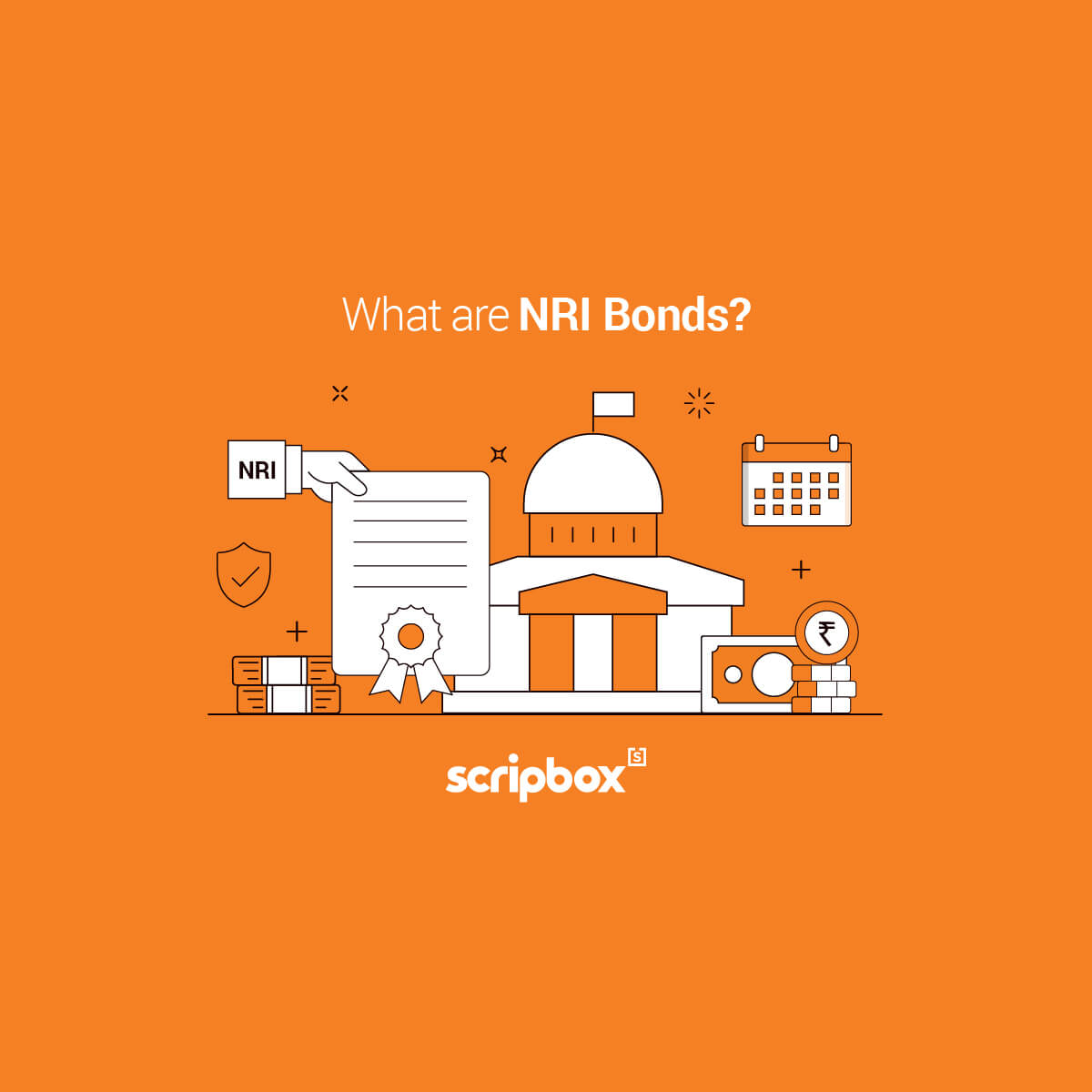

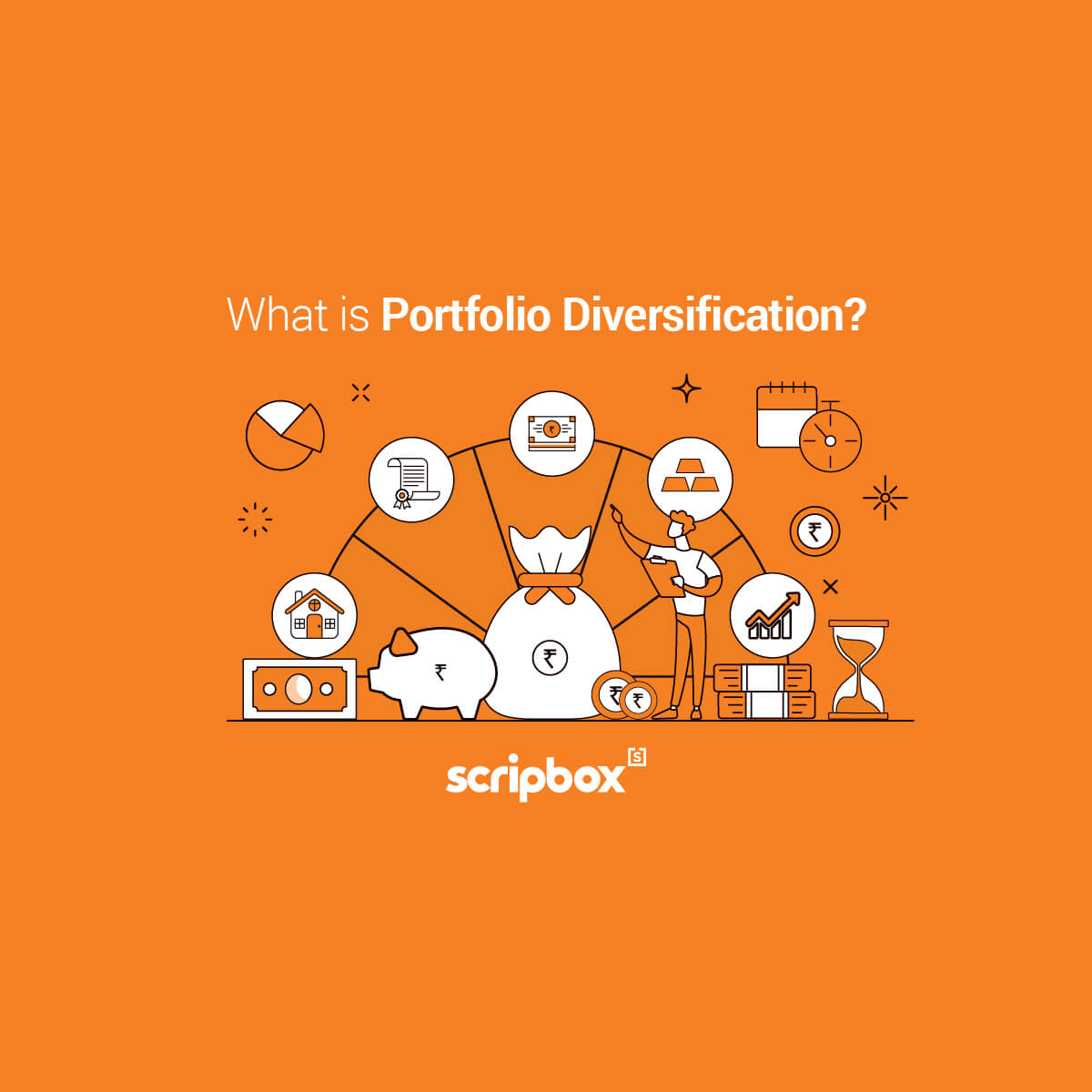
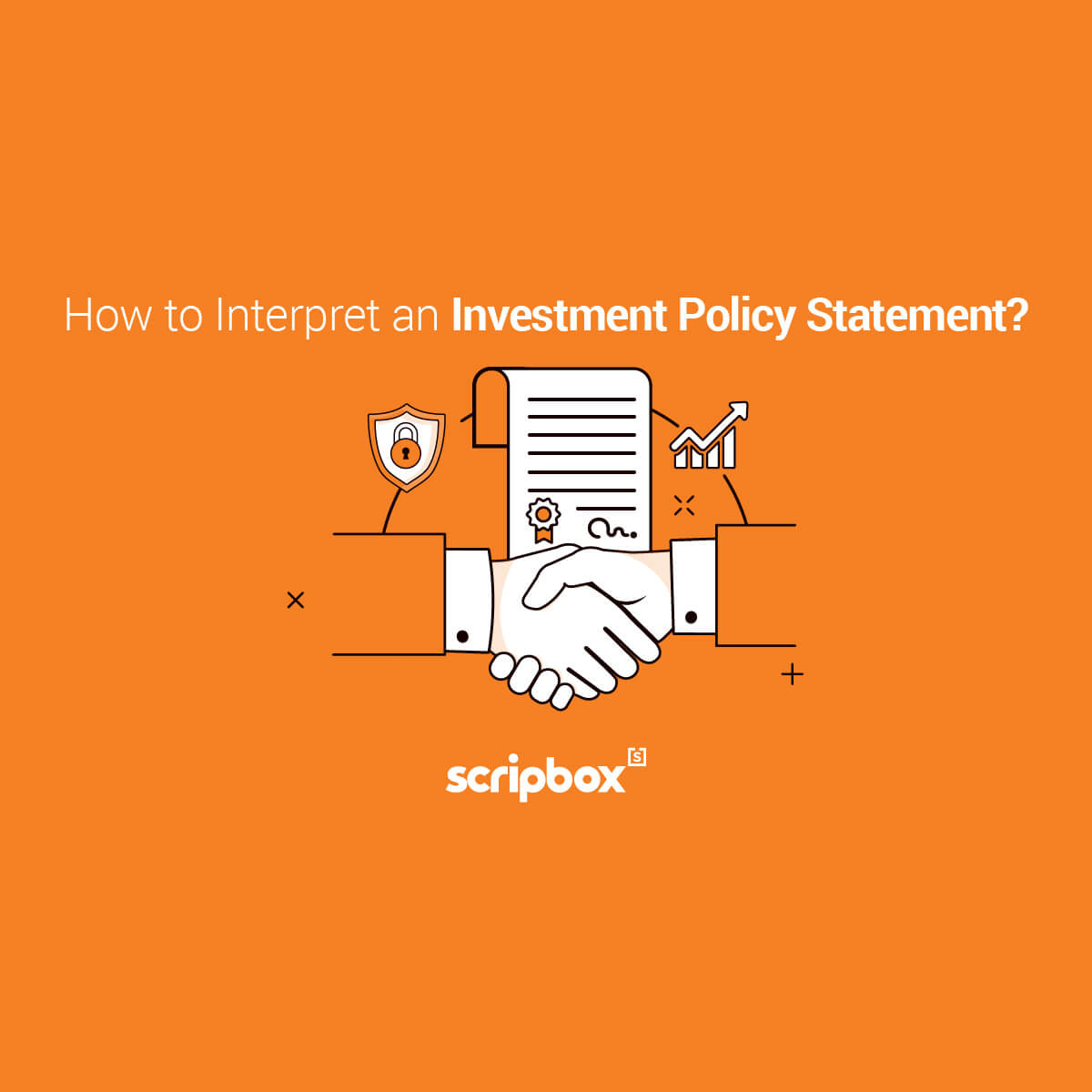
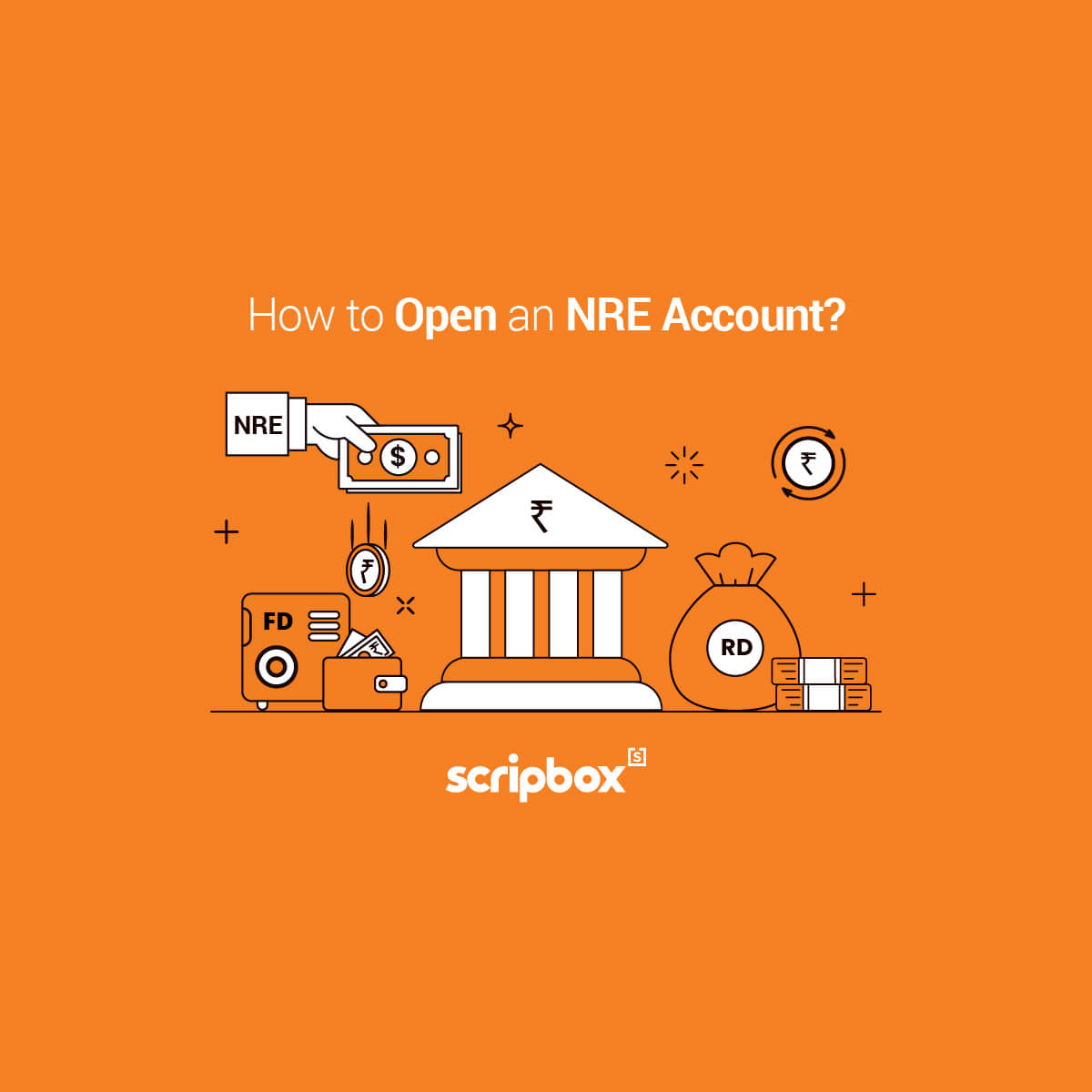
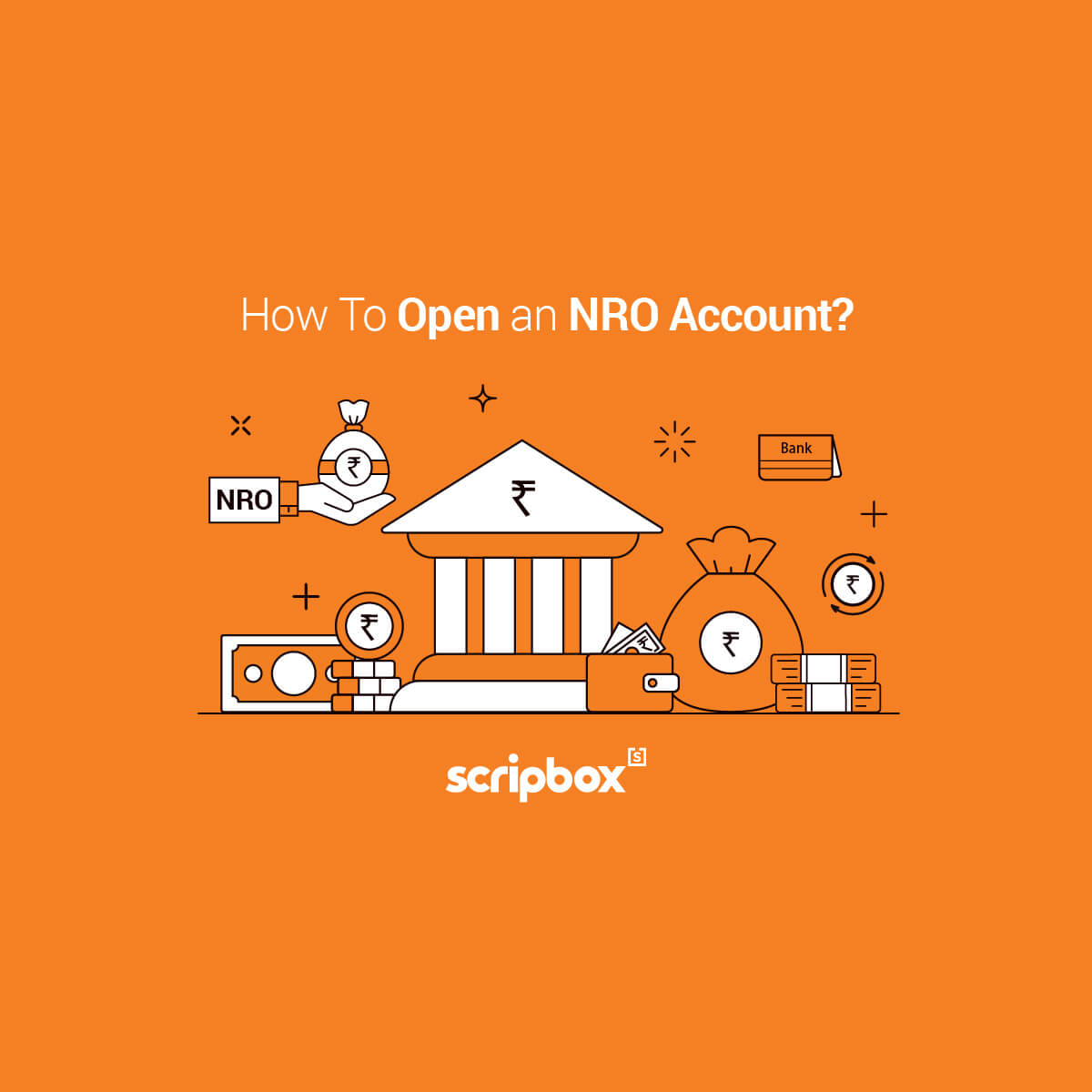






Show comments